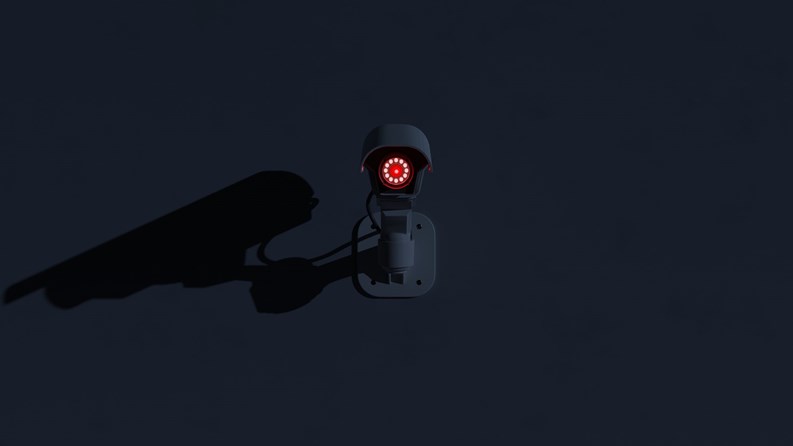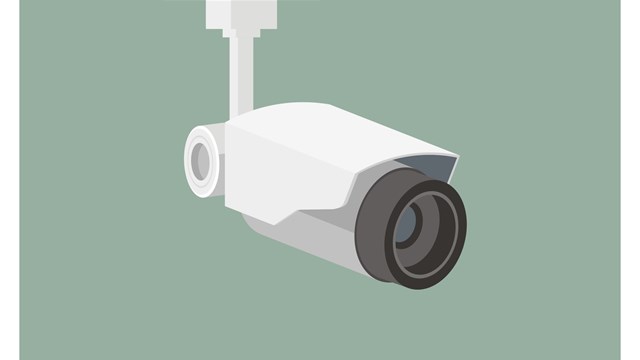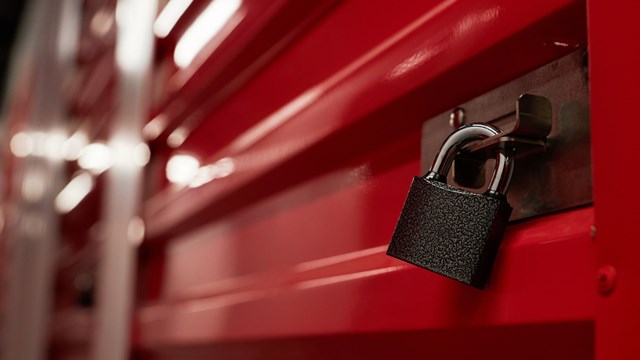Q. I live in a 6-apartment condo building. Two of the residents have decided on their own without contacting the board or other residents to put cameras outside the doors to their units on two different floors. Is that legal for them to do? It seems like an invasion of everyone’s privacy.
—Somebody’s Watching Me
A. Ricardo M. Vera, partner at Newman Ferrara LLP in New York City and member of the firm’s real-estate and commercial-litigation groups, replies, “Condominiums typically prohibit unit owners from unilaterally altering, or otherwise making modifications to, the building’s ‘common areas’ or ‘common elements’ without board approval. The first step is to examine the rules and restrictions set forth in your condo’s bylaws and house rules pertaining to such modifications—including provisions specifically governing security devices, if any.
“If they installed the devices without the board’s consent, the residents may have violated the governing bylaws or house rules, and a complaint may be lodged.
“While New York does not recognize a common law right of privacy in public or common areas, it sets an unwelcome precedent to have unapproved, owner-installed cameras sporadically strewn throughout hallways. In addition to the objectionable ‘aesthetic,’ there are certainly liability concerns if such devices are multi-directional, audio-recording, and/or interfering with the rights of other residents. For example, the recording of a neighbor’s conversation without knowledge or consent may arguably violate federal or state ‘wiretapping’ laws, such as:
The Electronic Communications Privacy Act (ECPA)—also known as the Wiretap Act—which forbids any deliberate interception, usage, disclosure, or solicitation of others to intercept any ‘electronic, oral, or wire communication’; and/or
New York Penal Code Section 250, which prohibits the act of illicitly engaging in wiretapping (i.e., using mechanical devices to overhear [or ‘eavesdrop’] a conversation, or intercepting or gaining access to electronic communications), and is considered a Class E felony.
“If the camera’s vantage point is more expansive, and peers into a neighboring unit, an argument may be made that such range interferes with a neighbor’s privacy rights—as the law recognizes the interior of a neighbor’s unit as subject to considerable privacy safeguards. Depending on the recording’s purpose, there is also a potential violation of New York Civil Rights Law Sections 50 and/or 51, which forbids the use of the name, portrait, or image of a living person for advertising or trade purposes without obtaining that individual’s prior written consent.
“Thus, factors relating to the devices’ installation, whether they record audio and/or have a particularly expansive range or capture, and how the recording is utilized, are all factors which should be considered when determining the proper course of responsive action.
“While we all certainly appreciate the need for personal security and understand that cameras may afford apartment dwellers a level of comfort, this kind of ‘free-for-all’ cannot be encouraged—particularly given the condominium’s exposure for improperly installed and/or misdirected or misused devices.
“If unit owners wish to install security cameras outside their apartment doors, a request for board consent is advisable. And if such approval has been secured, the board’s determination would likely be afforded protection from third-party scrutiny under what’s known as New York’s ‘business judgment rule’—a law which shields the condominium’s officers and directors from liability for decisions made in good faith with reasonable skill and prudence, and with the requisite authority.”










Comments
Leave a Comment